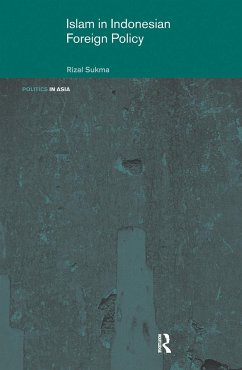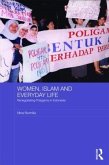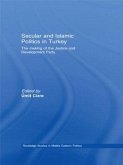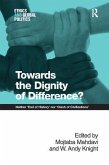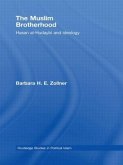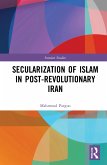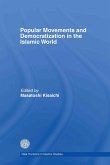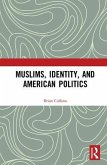As a home to more than 180 million Muslims, Indonesia is the largest Muslim country in the world. However, the identity of the Indonesian state has never been defined in terms of Islam. In fact, tension in hte relationship between Islam and hte state has been evident since Indonesia's independence in August 1945 and this tension stems from the dilemma of a dual state identity as Indonesia defines itself as neither theocratic nor secular. This makes the role of Islam in Indonesian politics and foreign policy a complex one. This work examines the origins of dual state identity and how it has affected the political dynamics in Indonesia, both in domestic and foreign policy. Although Islam is the majority religion in Indonesia, this book suggests tha contrary to what might be expected, Islam has not played a dominant role in the country's post-independent politics and policy making. However, sicne the fall of military-backed Suharto's government in May 1998, Islam has become a potent political force in Indonesia. With the revival of Islam, politics and policy-making in Indonesia has increasingly been subject to influences from political Islam. This book considers for hte first time whenter such influence has also been exerted upon the coutnry's foreign policy. Rizal Sukma suggests that the role of Islam in foreignpolicy has always been as secondary one, arguing that the dilemma of dual identity and domestic weaknesses set the limits within which Islam can be expressed in foreign policy. This book will provide a useful resource to all those with an interest in the role of Islam in International Politics as well as students of Asian and Religious studies.

